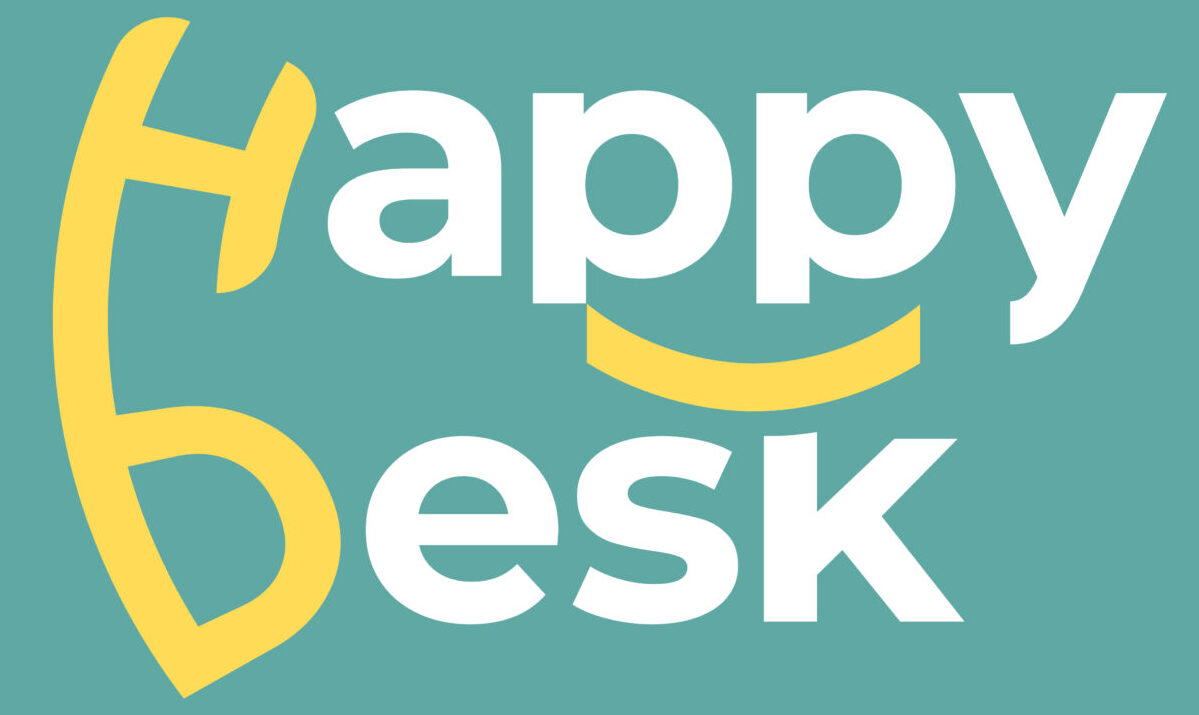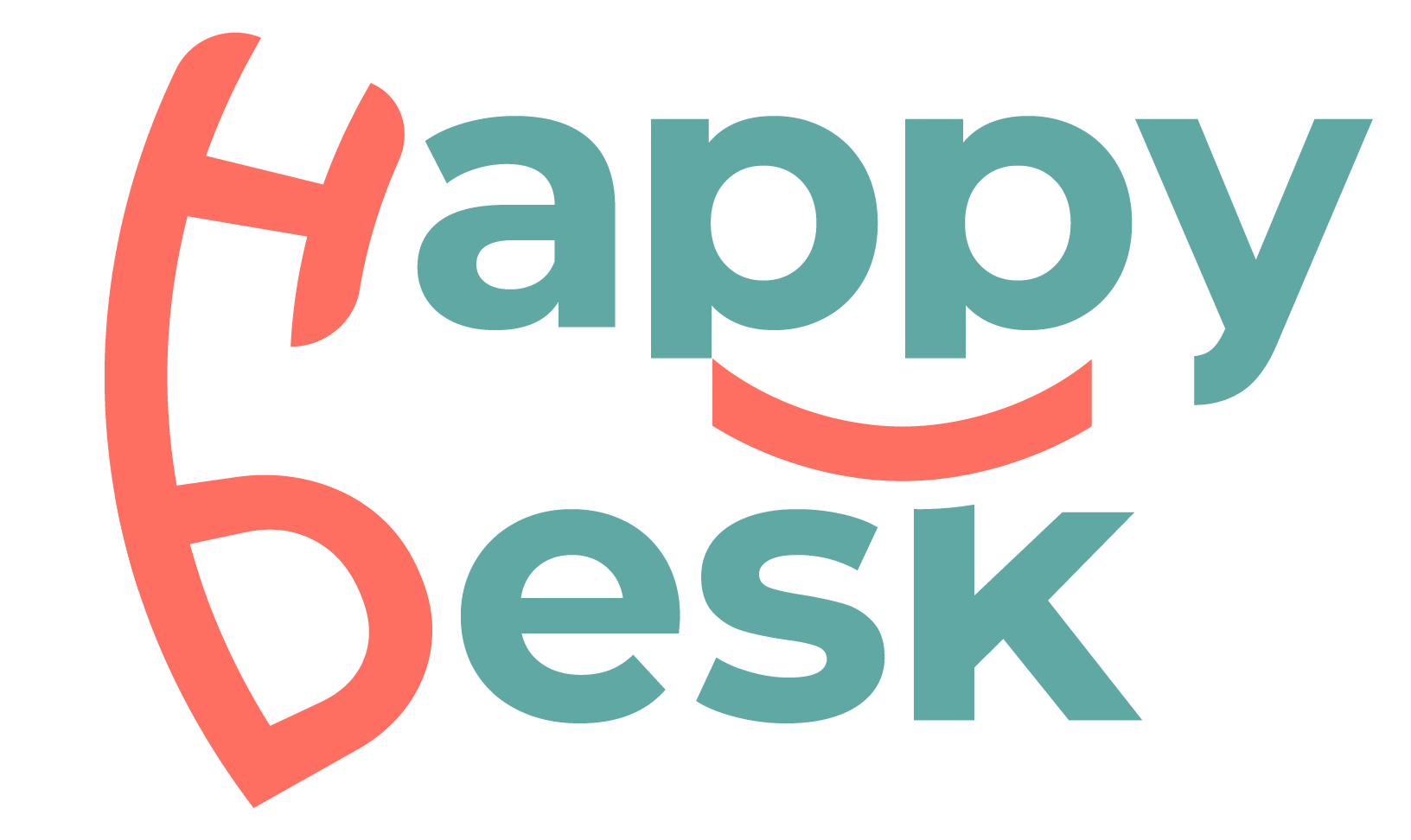Starting a private practice is exciting, but it also comes with a lot of moving parts. One thing that often gets overlooked in the early stages is having solid systems in place. While you may be focused on getting a steady client base or finding the perfect office space, putting the right systems in place early on can save you countless headaches down the line.
How Effective Systems Help Your Practice
Here’s why systems are essential for starting your practice off right and what you should consider:
Efficiency Saves Time and Money
As a new practice owner, you’ll quickly realize that time is your most valuable resource. Between seeing clients, handling billing, marketing your services, and managing administrative tasks, it’s easy to get overwhelmed. This is where systems come in. By having clear processes for handling daily operations, you’ll save time, reduce stress, and avoid costly mistakes.
Streamlined Client Intake and Scheduling
Your client’s first impression begins long before they walk into your office or logon to your telehealth platform. Having a seamless intake and scheduling system is essential for setting the tone for the client’s experience. Whether you use software for online scheduling or have a virtual receptionist to handle calls and appointments, having an efficient intake process is vital to keeping your practice running smoothly.
Billing and Documentation Systems
Managing billing and documentation is another area where systems can make or break your practice. You need to have clear procedures for invoicing, handling payments, and tracking insurance claims. This not only ensures that you get paid on time, but it also helps you maintain accurate records for tax purposes and compliance with insurance requirements.
Delegating Tasks Early On
As tempting as it is to do everything yourself in the beginning, delegating tasks is one of the smartest things you can do. Whether it’s outsourcing your bookkeeping or using a virtual receptionist to manage calls and appointments, taking some tasks off your plate allows you to focus on your clients. Virtual receptionists, in particular, are incredibly valuable for mental health practices, as they can help with scheduling, client intake, and even follow-up calls. This ensures you have more time to provide care without being bogged down by administrative work.
Growth and Scalability
By setting up the right systems early on, you’re setting the foundation for growth. A practice that runs efficiently is more likely to grow sustainably because it can handle an increasing workload without collapsing under the weight of disorganization. Whether you’re planning to hire additional clinicians in the future or expand your services, having scalable systems in place will make that transition smoother.
Key Systems You Need in Your Private Practice
Now that we understand why systems are essential, let’s look at which ones will make the most impact on your practice.
1. Client Communication and Scheduling
Managing client communication is one of the most time-consuming tasks for private practice owners. Without a system in place, you could easily spend hours each week just answering calls and scheduling appointments. This is where a virtual receptionist service becomes invaluable.
A virtual receptionist handles incoming calls, manages appointment bookings, and follows up on client inquiries. They act as the face of your business, ensuring that every client call is answered promptly and professionally, even when you’re in back-to-back sessions, working another contract, or taking time off. This not only enhances your client’s experience but also frees up your time to focus on therapy instead of admin work.
Benefits of a Virtual Receptionist for Scheduling:
- Always available: Clients can book appointments during business hours, even when you’re unavailable.
- Professional service: Ensures that potential new clients get immediate, professional responses instead of waiting for a call back.
- Flexible scaling: As your practice grows, your virtual receptionist service can scale with it, without needing to hire additional full-time staff.
2. Automated Billing and Payments
Managing client billing manually can easily become a time-consuming and stressful task. Handling invoices, chasing payments, and dealing with billing errors takes valuable time away from your core work with clients. Automated billing systems can simplify this process by streamlining the way payments are handled, ensuring a steady cash flow, and reducing the risk of human error. And as a bonus, having a clear, automated billing system enhances your practice’s professional image and helps build trust with clients.
With an automated system integrated into your practice management software, you can:
- Generate invoices automatically: Billing is handled as soon as sessions are completed, ensuring timely and accurate invoicing.
- Process payments efficiently: Clients can make payments through online portals, which can process credit cards or direct transfers without you having to intervene.
- Send reminders automatically: If a payment is late, reminders are sent out automatically, eliminating the need to personally follow up.
3. Client Intake and Documentation
An effective client intake process is crucial to making a strong first impression and ensuring a smooth onboarding experience. Without a streamlined system, intake can become an administrative burden, involving back-and-forth emails, phone calls, and paperwork. Automating the client intake process simplifies this for both you and your clients.
Using online forms, you can collect vital client information (such as mental health history, consent forms, and insurance details) before their first session. This reduces the need for phone calls or in-person form filling, providing a more efficient experience and saving time for both parties.
Key Benefits of an Automated Client Intake System:
- Time-saving: Clients fill out intake forms on their own time, reducing the workload on your end.
- Client convenience: Offering online forms allows clients to complete paperwork at their convenience, which can lead to fewer delays and smoother first sessions.
- Error reduction: Automated systems ensure all required information is collected, reducing the chances of missing paperwork or incomplete forms.
4. Virtual Receptionist Services for Scaling Your Practice
Many mental health professionals don’t consider a virtual receptionist service until their practice is fully booked, but integrating one from the start allows you to grow without missing opportunities. A virtual receptionist doesn’t just answer calls—they handle rescheduling, appointment confirmations, and follow-ups, allowing your practice to operate efficiently, even as your client list grows.
Why You Should Incorporate a Virtual Receptionist Early On:
- Improved Client Satisfaction: No missed calls or delayed responses mean higher client satisfaction. Clients feel valued when their inquiries are promptly addressed.
- More Time for Client Care: Freeing yourself from administrative tasks gives you more time for client sessions, improving the quality of care.
- Cost-Effective: Virtual receptionists are more affordable than hiring a full-time administrative assistant, especially for new practices.
5. Practice Management Software
Every private practice needs a comprehensive practice management software that centralizes everything—from client records and billing to scheduling and client communication. These platforms are indispensable because they streamline daily operations and provide an organized system for keeping track of client information, appointments, and payments.
By investing in practice management software, you can:
- Centralize client information: Store all client records, progress notes, and treatment plans in one secure place.
- Simplify scheduling: Many platforms allow clients to schedule appointments online, reducing the back-and-forth communication typically required.
- Automate reminders: Send out automatic appointment reminders to reduce no-shows and last-minute cancellations.
- Ensure HIPAA compliance: These systems are built with the security requirements needed for mental health practices, ensuring you stay compliant with privacy regulations.
Why You Shouldn’t Delay Setting Up Systems
Many practice owners put off setting up systems, thinking they can “manage things as they come.” However, this approach quickly leads to burnout. The key to long-term success and sustainability in private practice is proactive system-building. By integrating a virtual receptionist service and other key systems from the beginning, you give yourself the foundation to handle growth, improve client satisfaction, and reduce stress.
Happy Highlight
Starting your private practice off right means focusing on the systems that will drive your success. From client communication and scheduling to billing and document management, setting up these processes early ensures that your practice runs smoothly and efficiently.
Incorporating a virtual receptionist service is not just an optional add-on—it’s a core system that enhances client experience, ensures professionalism, and allows you to focus on providing care. By implementing the right systems now, you’re setting the foundation for a scalable, thriving practice that can grow without overwhelming you.







